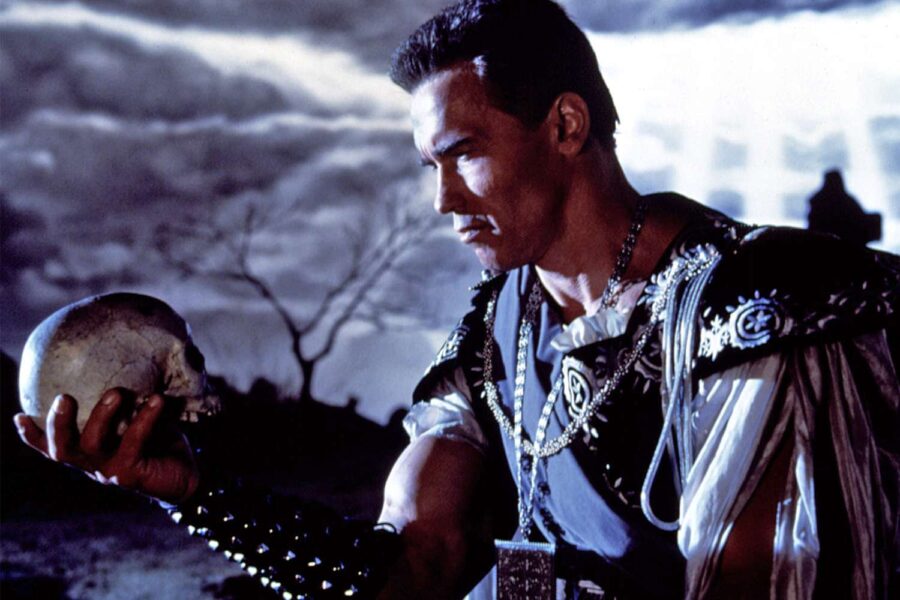
Last week, a group of friends and I watched Last Action Hero (1993). The script started life as a satire on dumb action moves (its original title was “Extremely Violent“) but was so heavily re-written during development and production that (a) its original writers lost their full writing credit, and (b) it became the exact thing it was looking to send up – i.e. a forgettable dumb action movie.
During the many dull moments we had to chat while the movie draaagggggggged on, the conversation turned to dialogue clichés. Last Action Zero included a number of classics, including “This is not happening“, “I‘m just doing my job“, and “Did you hear something?“.
This movie gets a pass on clichés as its intent is to be a semi-parody, so some of those uses could be aimed at being self-aware and (intended at least) for comedic effect.
But what of the whole pantheon of movies? How many cite familour clichés? And which are the ones coming in and out of fashion?
I turned to my database of subtitle files to find out. I generated my long list of 138 dialogue clichés after consulting with screenwriters, reading blogs, and talking it through with Jack Malvern from The Times. With my list in hand, I tracked their appearance in over 72,000 movies released since 1940.
Jack published his own piece on the findings in The Times (which you can read here). and my headline findings are below. As you can imagine, this project generated far more data than one blog article can encompass. So, if you have a request or idea of how we can use what we found, leave a comment below.
The most used movie clichés
Of the movie dialogue clichés I studied, “What the hell” came top, appearing in just over a third of all the movies studied. A close second was “What are you doing here?” followed by “Honey, is that you?“.
It’s interesting to note that the top four are all questions, albeit “What the hell” and “What the fuck” might be rhetoric in many cases.
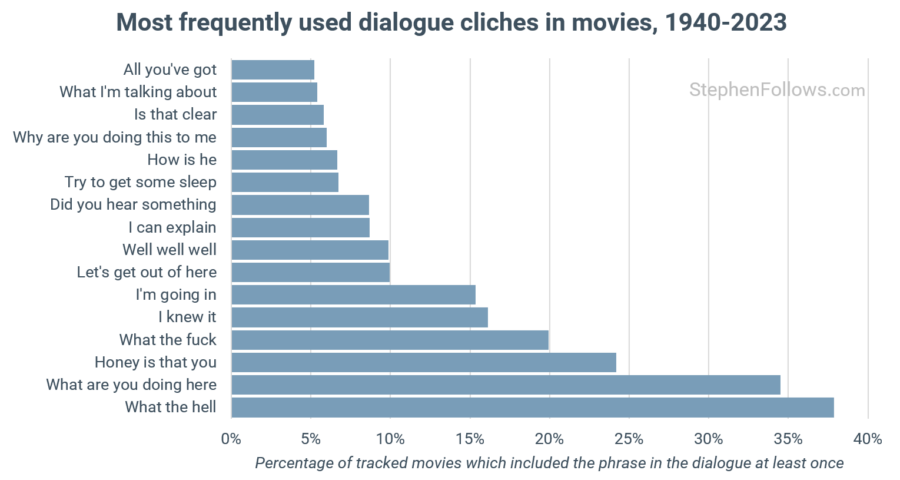
The chart above compresses over sixty years of movies into one, so I thought it might be interesting to look at the change over time.
The fastest growing movie clichés
The ones growing in increasing prominence include “Why are you doing this to me?“, “What the fuck!” and “This is not happening” (one would imagine it’s being pronounced “This is NOT happening“, but sadly, we can’t track intonation).
I was particularly fascinated by the rapid rise of “How hard can it be?!” as it was almost completely absent until the 1970s and then shot up with each decade.
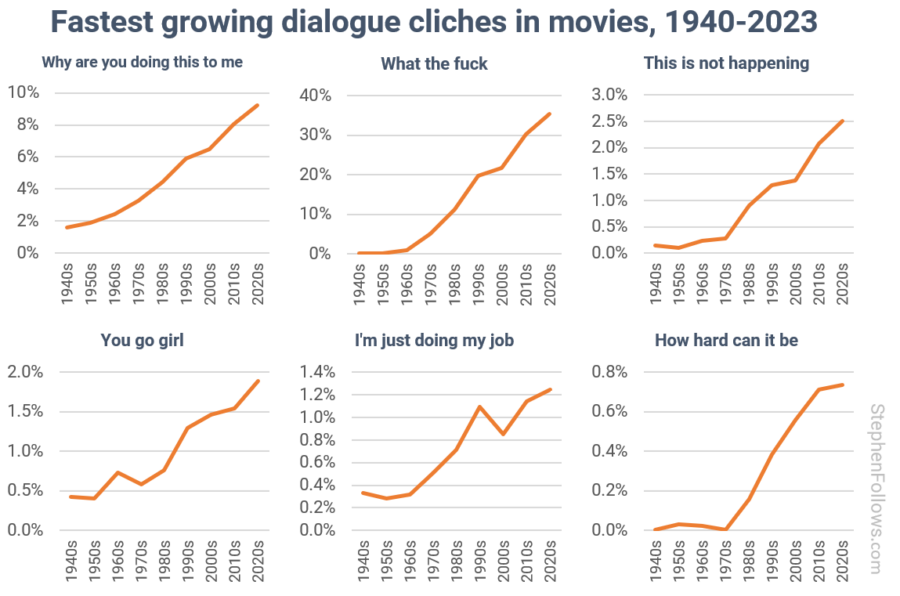
The fastest declining movie clichés
At the other end of the spectrum is the rapid decline and almost extinction of “Follow that [vehicle]“. This was mostly “Follow that car” but I included vans, taxis, trucks, bikes and the like. My guess is that it became such a meme that few films felt they could use it without breaking the fourth wall.
Also in sharp decline have been “Is that clear?“, “We meet again” and “It’s no use“.
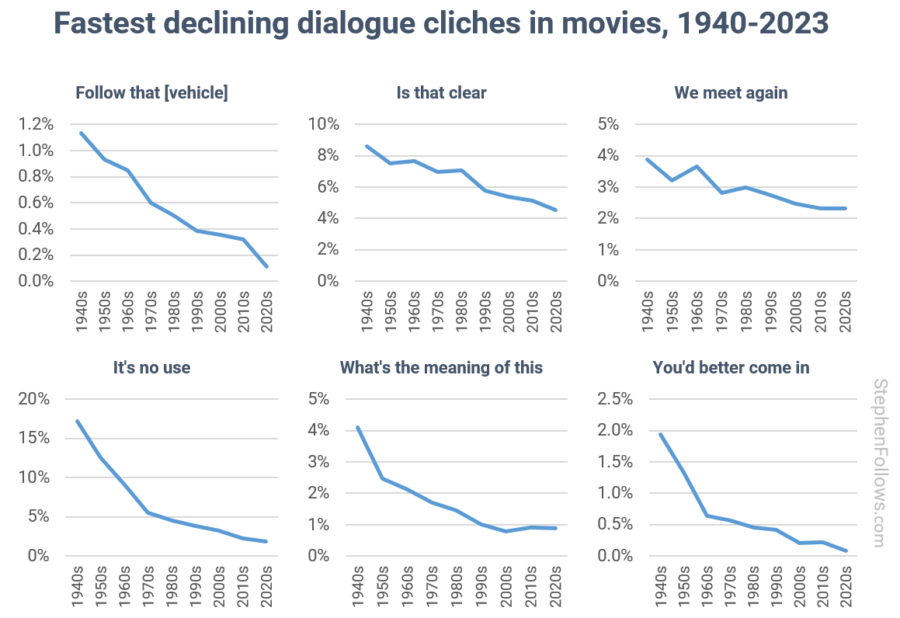
Digging through the subtitles files, I can do so much more with this dataset, both on clichés specifically and more broadly. For example, I’m keen to compare the trends seen above with the Google corpus of one million books to see to what degree the effects are movie-specific and which reflect wider changes in the English language.
My issue is always one of time and resources, so if you wanna help, or fund some research, please do get in touch!
Notes
For this analysis, I looked at the English-language subtitle files for 72,405 fiction feature films (released between 1911 and 2022) kindly provided by the lovely folk at OpenSubtitles.com. Metadata came from OMDb, IMDb, The Numbers, Wikipedia, and my own analysis.
I built up a master list of clichés from my own experience, from conversations online and with the help of Jack Malvern at The Times. This gave me 138 clichés to look for.
In order to ensure I was capturing every instance, I split each cliché into its multiple variants. For example, “You ain’t seen nothing yet” included the following variants:
- You ain’t seen nothing yet
- You havent seen nothing yet
- You have not seen anything yet
- You aint seen anything yet
I then counted a movie if it used the cliché even once. When I studied the prevalence of swearing in movies, I looked at both density and frequency (i.e. how many times it appears, not just the binary of at least one single use), but I couldn’t think of a clear way of showing that on this topic. The swearing research only looked at three bad words, not 138.

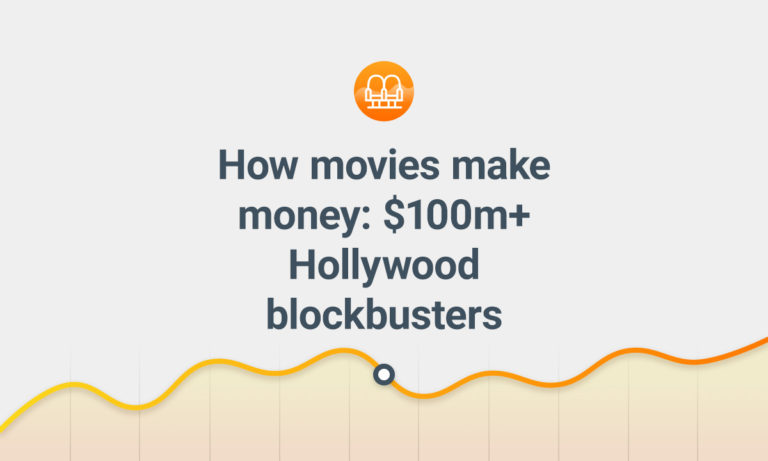
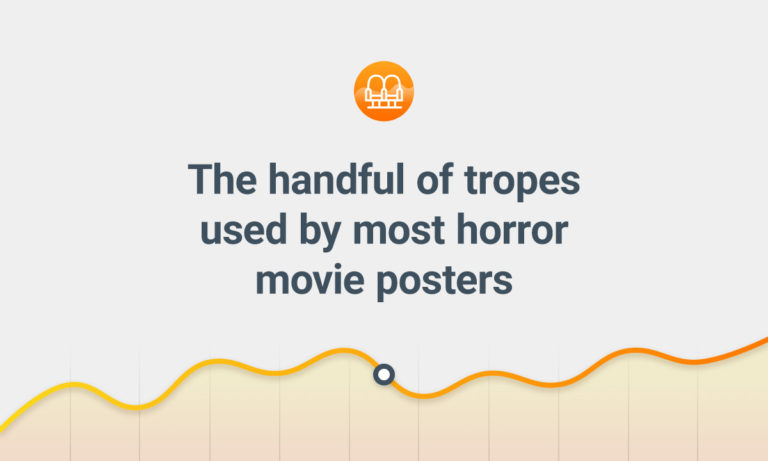
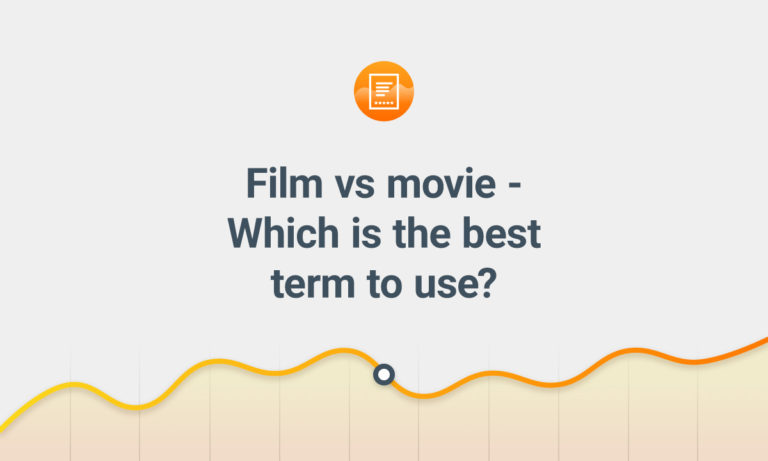

Comments
How about ‘Let’s go home’ at the end of a movie.
…stay with me….
Yeah,well
YOU’RE GOING DOWN
I DON’T THINK SO
From among other places, the very banal Ghost Rider
and NO,
THAT ISN’T ALL I GOT
JAY ! No January 6th implication intended!
Really interesting article, as always. Is there anyway to correlate cliche use with box office performance? In my experience, the use of cliche is often perceived as a negative – eyes roll; the movie is considered corny – a forgettable dumb action movie…; or it’s badly written, perhaps suggesting that the film is of lower quality etc. Wondering if the box office backs this up. Could be swayed by horror films I suppose, or other clear-cut genre films, as they may lean on genre related cliches more than other genres.
« You still don’t get it do you? »
And then the dumb movie is explained in words… *sigh*
I think “You got this” HAS to be in the running somewhere?